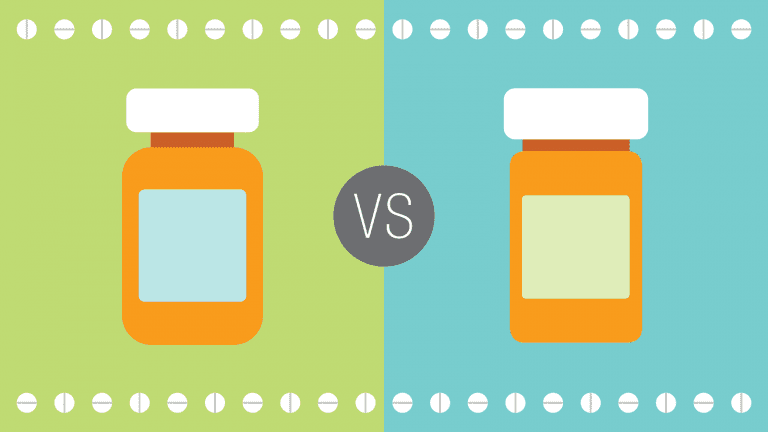
If you’ve found yourself recently researching ADHD homeopathic medications vs OTC medications and debated whether you need to visit your doctor for a prescription, you may be wondering what the differences are between homeopathic medication and prescription medication. Although both types of medication can be useful and even necessary in different circumstances, homeopathic medication generally focuses on treating symptoms and promoting holistic wellness, and does not require a doctor’s visit, as prescription medication does. You can easily understand the core differences by keeping the following key facts in mind.
Prescription Medications Are Clinical and Require Doctor Visits
As opposed to homeopathic flu medicine, for instance, all prescription medications require a visit to your doctor and a personal prescription for that medication. Prescription treatments are generally clinical in nature and may contain natural or manmade components. As a general rule of thumb, it’s important to know that, unlike homeopathic medications, prescription medications are:
- Oversight by the Food and Drug Administration, or FDA, in the United States
- Created in a controlled clinical setting
- Obtainable only via a doctor’s prescription
- Controlled as pharmaceutical drugs
Homeopathic Medications Are Widely Available and Focus on Whole-Person Health
If you’ve been shopping online for Brillia homeopathic medicine for anxiety, you may have already noticed that homeopathic medications are generally much more widely available than prescription medications. This is because they typically do not require a prescription or doctor’s visit, and so are often available for purchase over the counter. Additionally, homeopathic remedies take a different healthcare approach than prescription medications by focusing on holistic, whole-person health and well-being. Although remedies may vary, keep in mind that many homeopathic treatments are:
- Traditional herbal or Ayurvedic products
- Designed to be therapeutic and treat overall wellness
- Sometimes available over the counter
- Sometimes able to be combined with prescription medications
- Able to be either ingested or applied to the skin, depending on the treatment
Ask Your Healthcare Professional About Combining Solutions
If you’re interested in both homeopathic and traditional prescription medications but you’re not sure which route is best for you, ask your doctor about the possibility of combining treatments. While some treatment combinations may be inappropriate or even dangerous, others may be complementary. If this is an option you’re considering, it’s important to get clearance for the exact combination you’re interested in. Some homeopathic remedies, for instance, are largely herbal or nutritional and may be safely combined with certain prescriptions. Be sure to review your options carefully and ask your healthcare professional:
- Whether homeopathic or prescription medication is appropriate for your situation
- Whether it would be possible to supplement your prescription with a homeopathic remedy
- Whether homeopathic medications alone would be sufficient to treat your condition
While both homeopathic and prescription medications can be appropriate and useful in different situations, the two have some core distinctions that are important to understand when you’re considering all your treatment options. You may want to consult your personal healthcare professional to determine whether a holistic, homeopathic remedy or a doctor’s visit and prescribed medication is the best solution for your particular situation.
 2018 ·
2018 ·